Behavioral Design is the Future of UX
Successful apps aren’t just usable; they make users want to use them. Too often, companies build an expensive app, only to struggle with user...
2 min read
Written by Laura MacPherson, Apr 11, 2019

In the Under the Hood Series, we look at how popular apps have grown loyal usage through behavioral design. Seeing the techniques in action should give you practical ideas for ways to use behavioral design in your own products.
10% Happier is an app, a podcast, and a book — the brainchild of Dan Harris, a hard-charging journalist who discovered meditation after having a panic attack on air. Insight meditation (Vipassana) helped him regain his health, both mentally and physically.
Put off by the “woo” in so much of the Western meditation movement, Harris wanted to make meditation more accessible to those put off by bells, incense, statues of the Buddha, and other typical accouterments. So he started the 10% Happier podcast, interviewing insight meditation teachers and other interesting people who practiced meditation. After writing a book by the same name, he partnered with his meditation teacher and other teachers in the insight tradition to create an app with guided meditations and short video courses that would bring meditation to the masses.
Last year, the 10% Happier app raised over $3.7 million in seed II funding, largely due to demonstrated, consistent user growth and retention of existing users. Let’s look under the hood now to see the role behavioral design played in this achievement.
One of the biggest challenges to building a meditation habit is forgetfulness. Even those of us who are dedicated to our meditation practice have myriad things pulling at our attention. Since meditation isn’t urgent, it easily slips our minds. The 10% Happier app solves this with reminder notifications, which the app prompts you to turn on when you first start using it. You can set a reminder notification for any time of day, to best fit meditation into your schedule.
As part of your subscription, you get access to experienced meditation coaches via the app. If you have a question or get stuck with a particular issue, simply send a message through the app and a coach will respond to troubleshoot the issue or give you ideas to try. Feeling connected to real people through the app makes users more engaged.
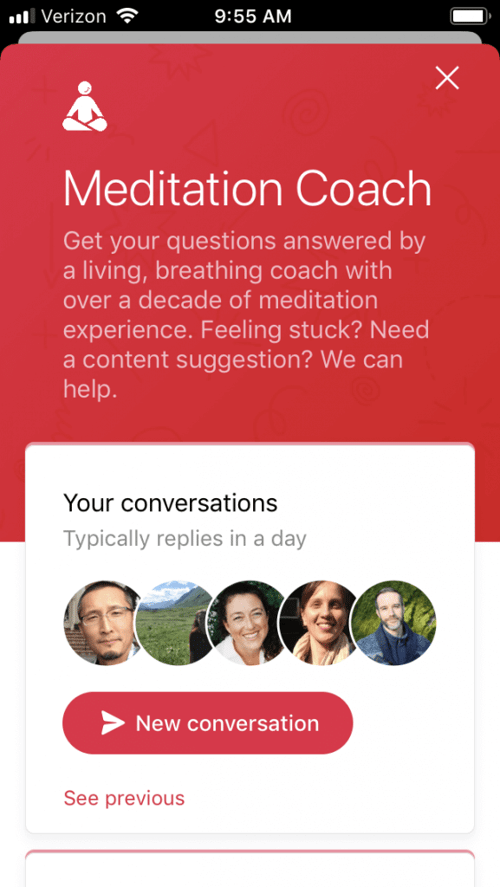
In the profile section, you can see how many days you’ve completed a meditation, how many total sessions you’ve done, how many minutes you’ve meditated, and how many days in a row you’ve consistently meditated. There’s also a visual history so you can see which days you meditated and which you didn’t. My Journey will show you which guided sessions and course sessions you’ve completed. These gamification techniques connect with our inner competitive drive to encourage us to keep going and build on our progress.
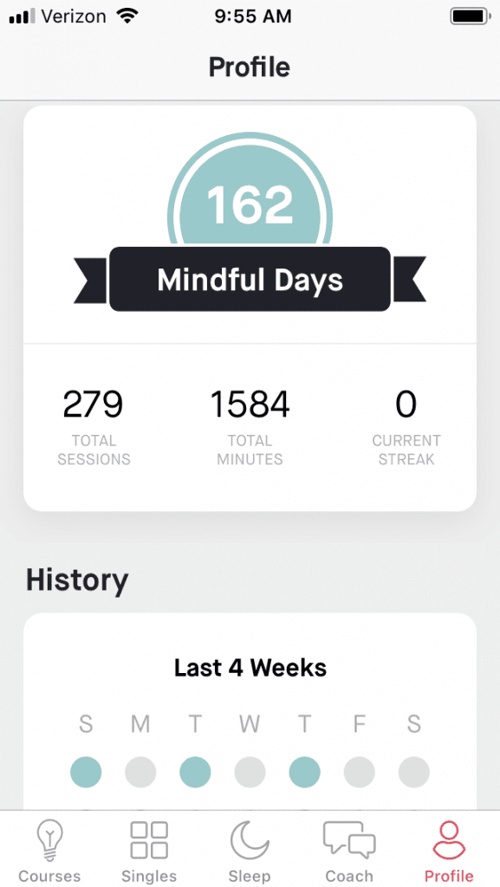
The app also periodically runs challenges. Users can invite their friends (who aren’t yet using the app) to participate for free. They get access to specially-chosen guided meditations or course sessions, and they can see one another’s progress during the challenge.
10% Happier is making the most of behavioral design, and it’s clear from their success that it’s working for them!
Want to learn more about how we integrate behavioral design into our apps or talk about your project idea? Get in touch.
Subscribe to our newsletter.
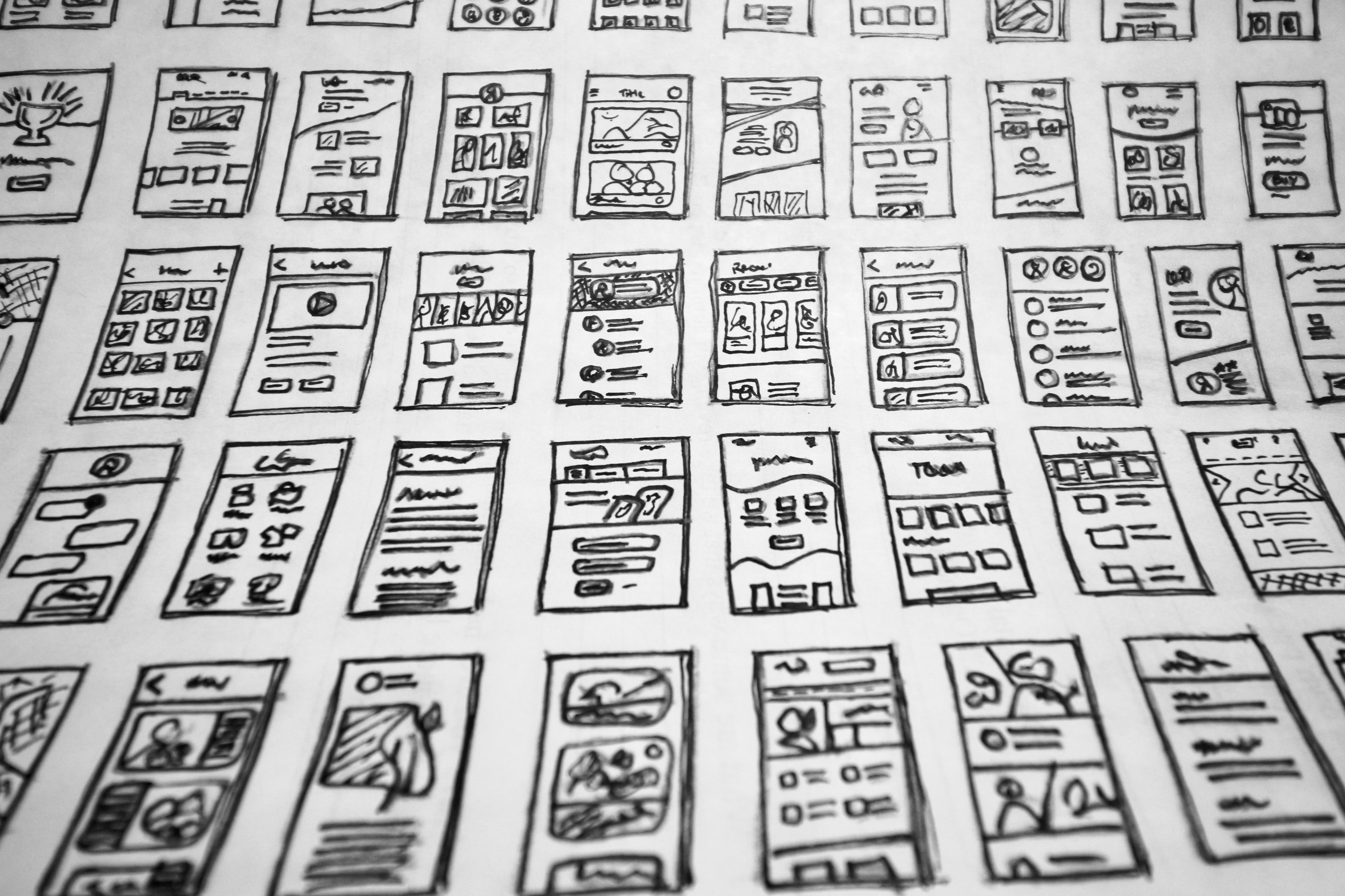
Successful apps aren’t just usable; they make users want to use them. Too often, companies build an expensive app, only to struggle with user...
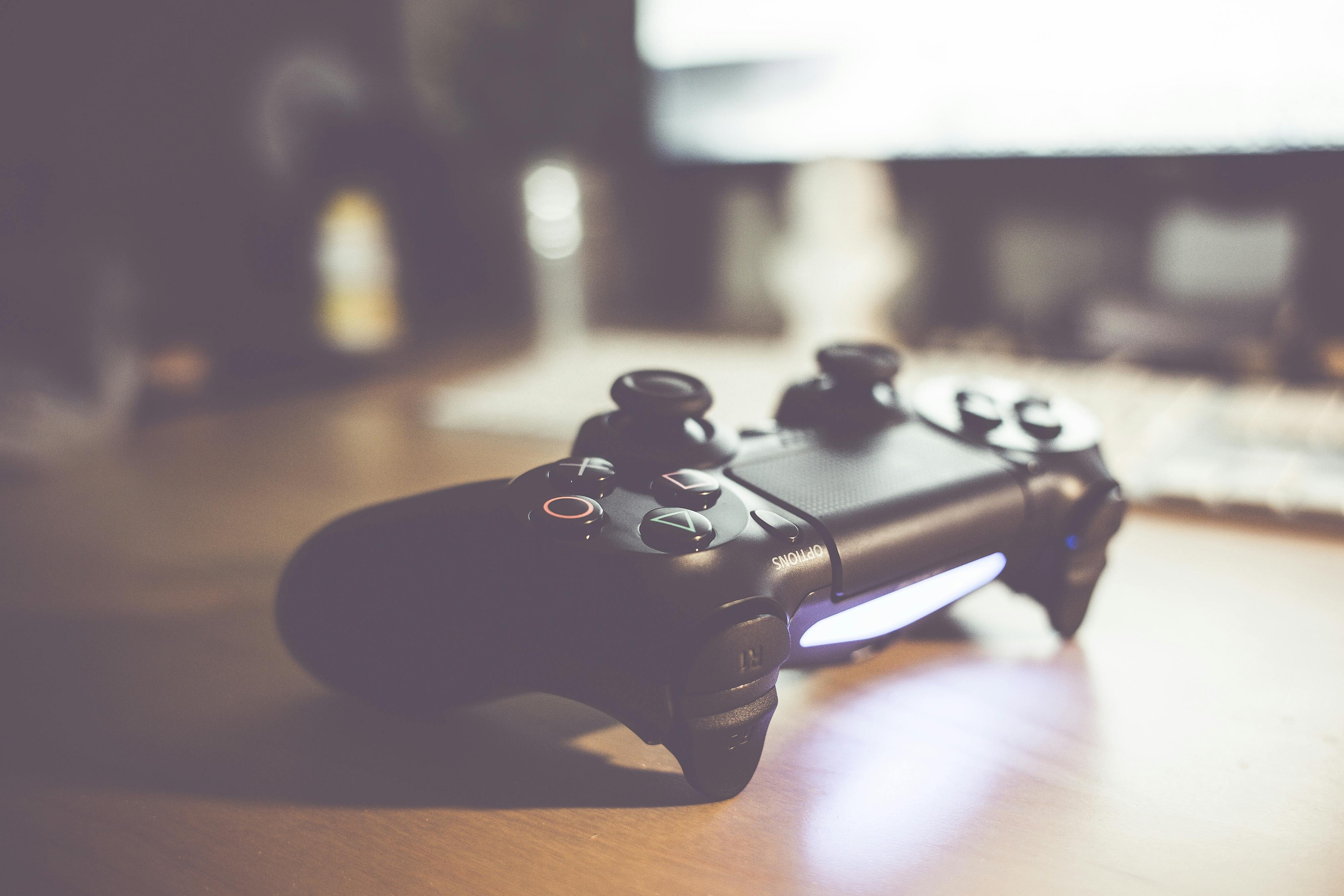
App developers use behavioral psychology to get people to continue using their apps. Recently, there’s been some backlash against apps that use it to...
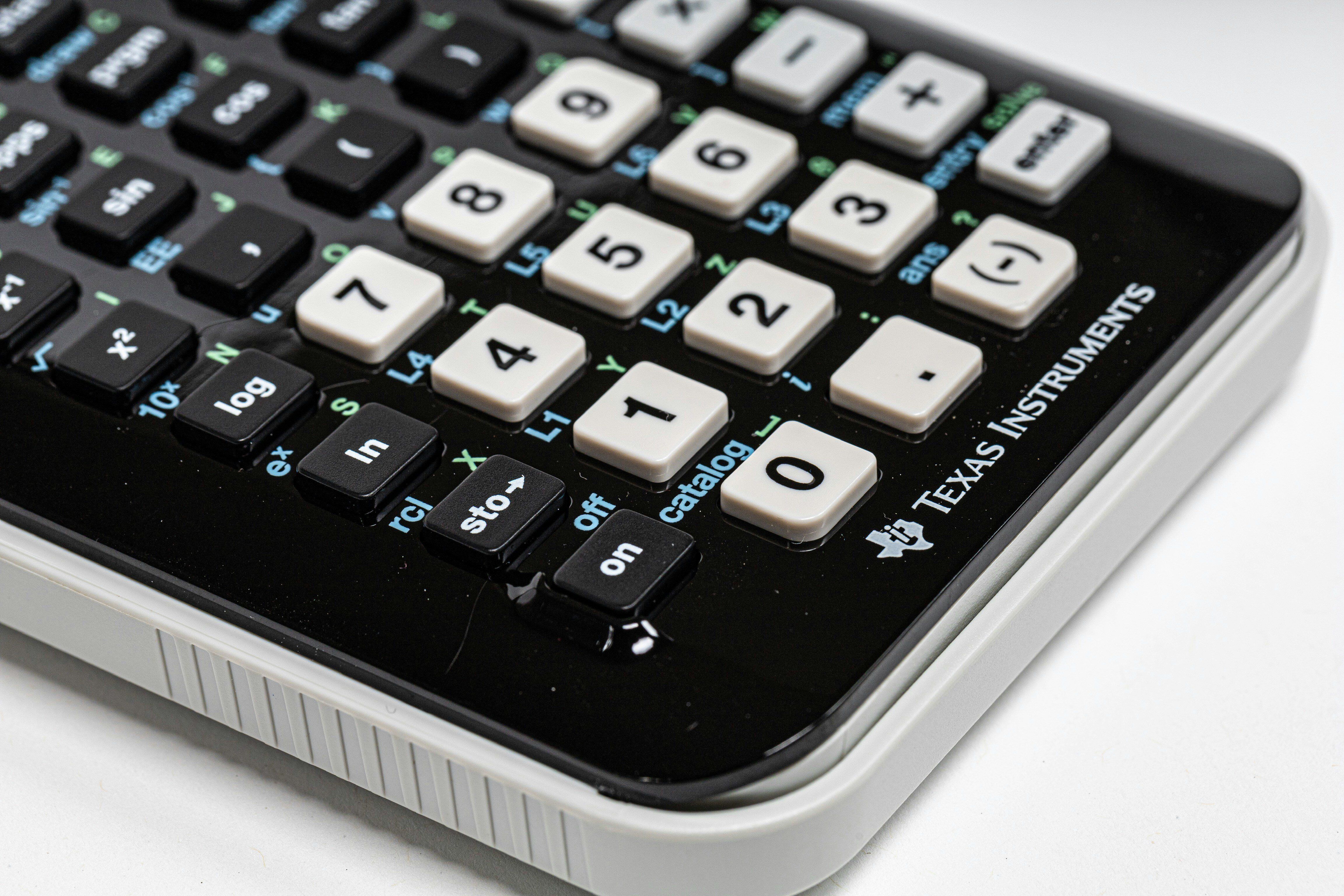
Post
Share